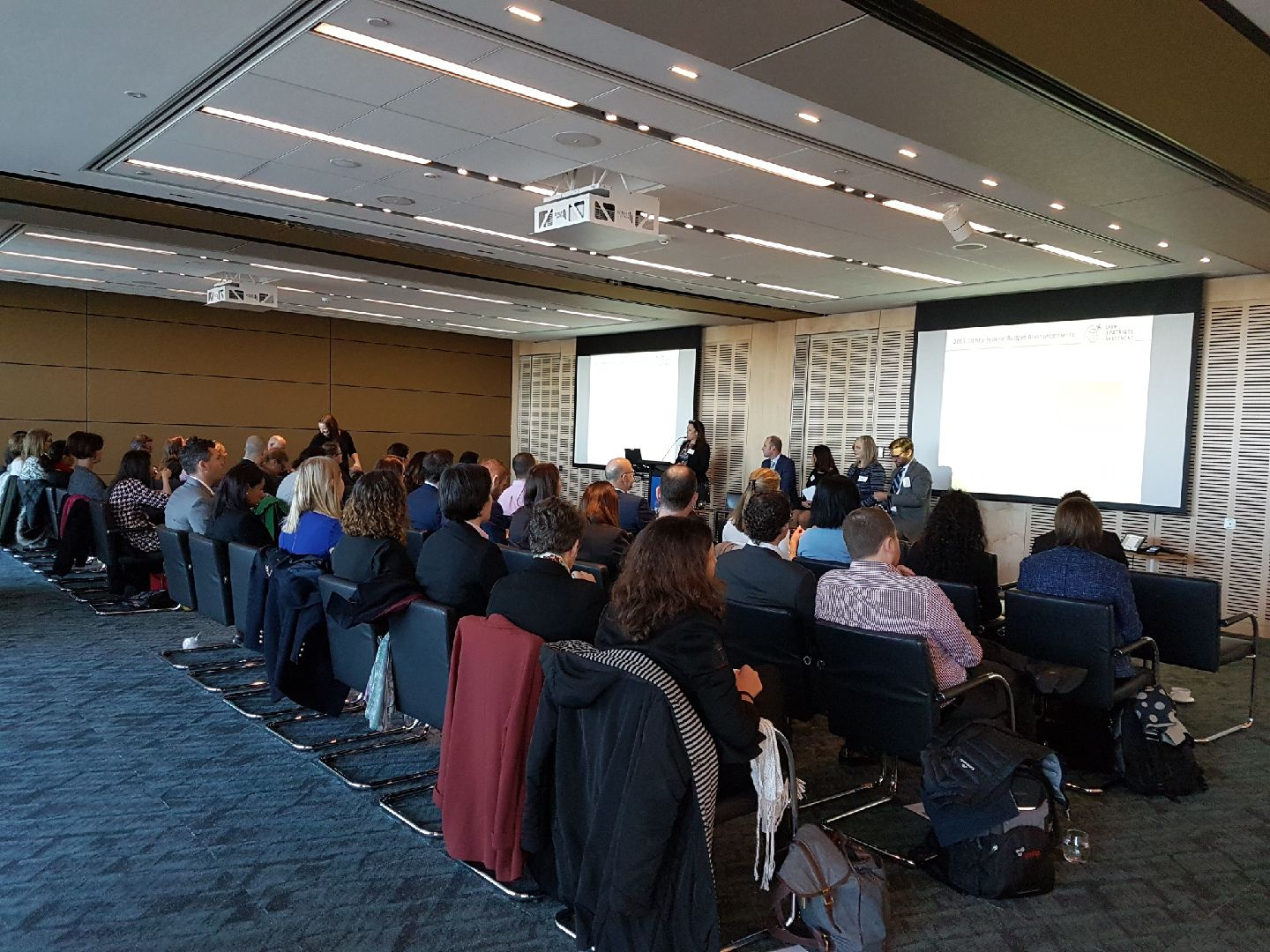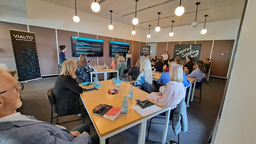Farewell Subclass 457: Our New Reality

Melbourne Chapter Meeting on the 8th August 2017 was titled “Farewell Subclass 457: Our New Reality” and hosted by KPMG.

We have all had some time now to process the significant immigration changes announced in March, so in this session we went beyond technical and into the practical. The panel discussion looked at the 'real-world' side of the immigration changes. The technical landscape continues to be ever-changing, more technical updates were also made from an immigration and tax perspective (the May budget released some tax changes for expatriates).
See slide deck for details of changes to the immigration program to-date.
The panel discussion was led by Mardi Heinrich of KPMG and the panellists were:
- James Simpson, Partner, Head of Workplace & Employment Law at KPMG Law
- Meera Srinivasan, Manager – Policy, Strategy & Governance – Global Mobility at Rio Tinto
- Mike Wall, Partner and National Leader at KPMG Immigration
- Heather Williams, Senior Manager, International Mobility at ANZ
The following were discussed by the panel:
- How do the changes align with the government's objective to ensure Australia is a smart and agile economy?
- Are the changes part of a broader political and social narrative on matters like immigration policy and refugees/border protection?
- Are there any other changes in the pipeline? That is, to 457 visas, working holiday visas or the permanent residency program?
- How can business best engage with the government to try to influence how such changes are made in future?
- Impact on employers?
- How will the changes impact your business?
- What is your organisation’s main options now for bringing in overseas talent?
- What are the implications of the changes for your organisation with people on existing 457 visas?
- What do you see as the main challenges affecting your business in attracting and retaining senior management and specialists under the new arrangements?
- What has your organisation done to get ready for the changes?
- Is your organisation reviewing or changing its employment contracts or hiring policies/protocols as a result of these changes?
- Employment law considerations
- What do you see as the key points for employees/employers from these changes?
- How businesses are responding to the changes
- Identification of affected employees
- Implementation of strategies around timing of applications
- What employees are saying and how they are planning for the future
The following is only some of the items raised by the panel and the content makes more sense with the slide deck (which lists many of the changes):
- The requirement to educate the business - not that easy to bring people here anymore, more time consuming in terms of visa processing time, etc.
- Review of population of expats, dealing first with the critical cases impacted by the changes
- Businesses can’t offer permanent contracts as Permanent Residency is not guaranteed, consider offering only fixed term contracts
- As a result of the heavy impact of the changes on the workforces, companies have been proactive in providing feedback to the government and lobby groups and to their employees
- A key area of development was ensuring the Global Mobility Teams had the relevant technical knowledge to help advise the business and employers.
- Age limits for permanent residency will impact the attraction of senior people
- There have been a lot of one-on-one conversations in immigration briefings and people discussing that it is time to head home.
- Clients were already concerned about getting the right skill set into Australia now even more difficulty
- Some tricky issues to work through with the talent acquisition team but have found ways to get to the right outcome in most cases
- Examples of people who have outright refused to relocate on the basis that not worth relocating for 2 years.
- The issue of labour market testing was raised and how it was being handled by different organisations.
- To what extent grandfathering would apply
- So much uncertainty still exists, much lobbying going on
- Impact is great in certain areas, especially about the ability to retain certain skill sets in Australia
- Reassessment of recruit and training strategies
Want to know more about the Melbourne Chapter Meeting or receive updates on future events? Please email Aysegul Kayahan





Please sign in or register for FREE
Sign in OR sign up to become a registered The Forum for Expatriate Management website user
Subscribe here